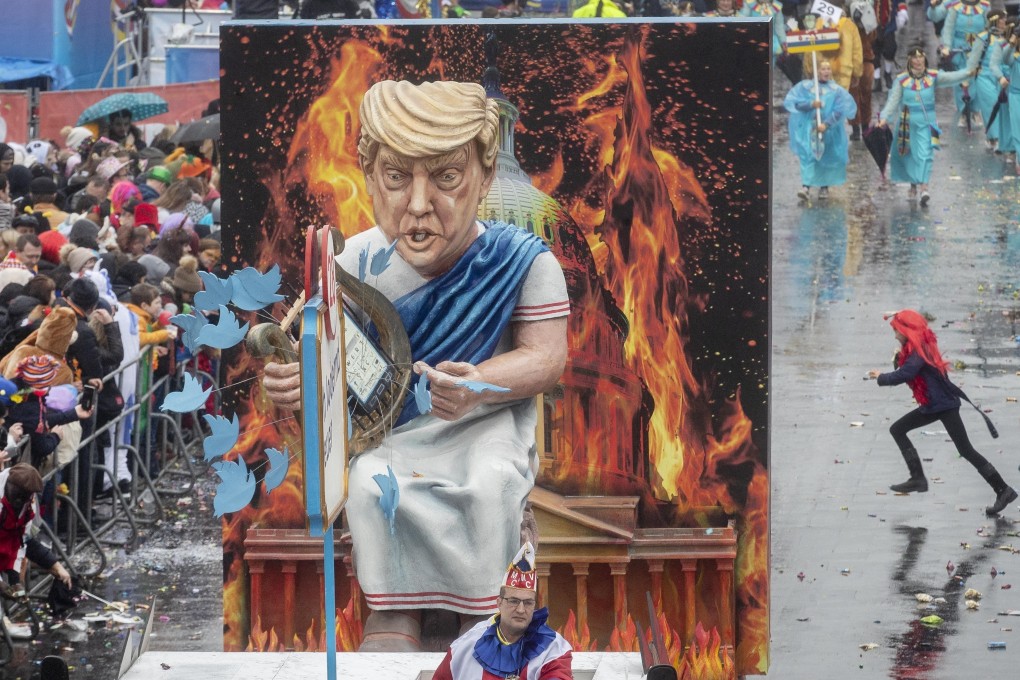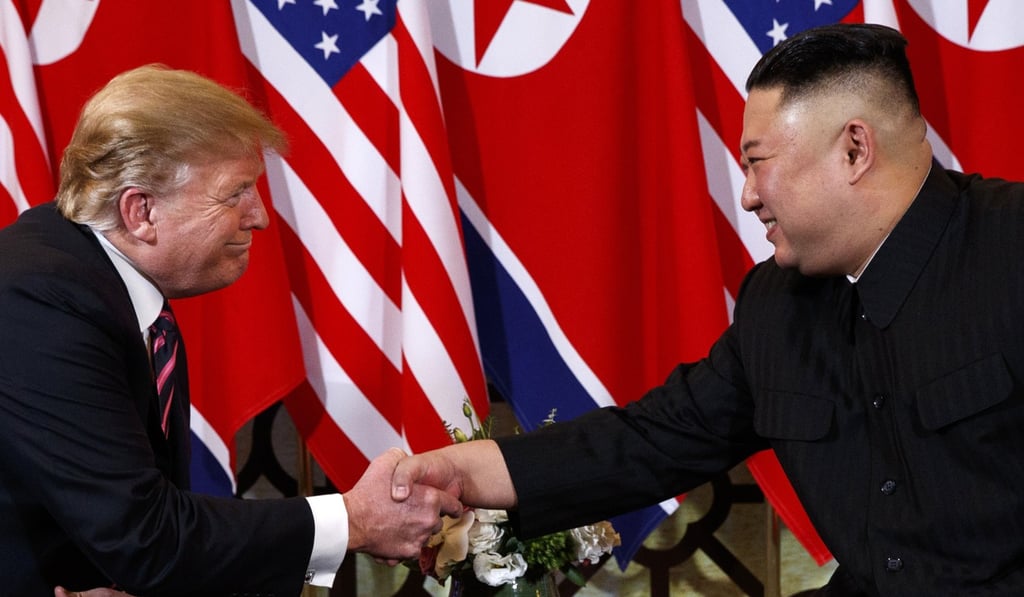Advertisement
Asian Angle | With Western democracy in retreat, Asia may have to forge its own path
- In what used to be called ‘the free world’, advocacy of democratic freedom seems to have taken a back seat to competition for strategic primacy
- The erosion of Western values and institutions suggests the need for safeguards and a proactive protection of Asia’s democratic gains
Reading Time:4 minutes
Why you can trust SCMP

ASIA’s democracy deficit used to stem mainly from the self-interest and greed of local autocrats, but today the biggest threat increasingly comes from the erosion of institutions in established democracies that were once the standard setters of freedom and justice.
Past popular struggles against autocratic regimes drew strength from external inspiration and support. The so-called third wave of democracy in the 1970s saw student uprisings in Europe spread to Asia, which challenged autocratic leaders and laid the foundation of people’s power movements a decade later.
But as populist leaders who use the politics of division and ride roughshod over established checks and balances on their power have again emerged in Europe, the pressure on undemocratic peers in Asia has eased.
Advertisement
The same is increasingly true of the United States. Over the past few decades the US took the lead in advocating democratic change and reform, but President Donald Trump has made little effort to rein in abuses of power overseas and has set a discordant tone by praising autocratic leaders such as North Korea’s Kim Jong-un, and describing Egypt’s military leader general Abdel Fattah al- Sisi as “my favourite dictator”.

Advertisement
Some parts of the US government still make efforts to address human rights abuse: the State Department has directed the imposition of sanctions on Myanmar’s military for alleged crimes against humanity in Rakhine State, for example, and denied visas to the former chief of police in the Philippines and the Indonesian defence minister – both accused of human rights abuses. There has also been a strong official protest against the treatment of Uygurs in Xinjiang, and the US Congress acted to support protesters in Hong Kong.
Advertisement
Select Voice
Choose your listening speed
Get through articles 2x faster
1.25x
250 WPM
Slow
Average
Fast
1.25x